Everyone has their own stressors, something that sets them off, no matter how hard they try to stop it from doing so. Sometimes the stressors that put you over the edge can be deduced on the basis of your MBTI personality type.
Get a grip. Everyone has something that triggers an extreme stress reaction. You’re dealing with day-to-day struggles, and then bam! After a period of prolonged strain, pushed to the limits of what you can handle, you lose all sense of yourself. Friends and family might even tell you’re behaving entirely out of character. You probably don’t even recognize yourself.
What you’re missing, though, is the pattern that emerges when you’re super-stressed.
Each MBTI Personality Type Has Preferences And Qualities That Shine When At Their Best.
When you slowly accumulate stress, you tend to exaggerate your dominant way of operating. When you hit your stress ceiling, you lose perspective, and what works for you typically, is out of reach.
You then spiral in your least preferred way of operating. For example, an ISTJ hyper-focused on data at first – their strength — then loses all sense of the facts, and begins to catastrophize, conjuring up all sorts of terrifying possibilities.
The most important thing to recognize is that there is nothing wrong with you, and there is no lousy personality type. Extreme stress can serve a useful purpose, as you are forced to expand your awareness. You simply cannot ignore your own hidden personality, and you must come to terms with it. You need a reset.
To get out of the grip, a phrase coined by author and psychologist Naomi Quenk in Was That Really Me? (2002), each type needs to find its way back to equilibrium. Quenk says the exact process of getting back in touch with your dominant function is not fully known, but as you gradually increase trust in yourself again, you feel “normal” (pp. 45-67).
Understanding your Myers-Briggs Type Indicator® can help you unpack what seems like a contradictory and complicated process of responding to and managing extreme stress. If you’re able to reconnect with the strengths of your type while you’re in the grip, you can short circuit the entire unpleasant experience.
Here Is What Puts You Over The Edge According To Your Personality Type, And How To Get Yourself Back To Your Best Self: MBTI Stressors
1. ISTJ
ISTJs are logical, practical individuals known for their systematic approach and sense of calm. It can be very jarring to see an ISTJ who suddenly thinks their situation is bleak and looking for problems to go wrong, but this is precisely what happens to them when they get stressed to the maximum, especially when they feel disregarded and in the face of criticism of their needs, decisions, and rules they put in place.
To regain their calm, ISTJs can get some physical and mental space to reflect and reframe the situation, do some affirmations, and then connect with supportive people in their life.
2. ISFJ
ISFJs are cautious, considerate, conscientious caretakers. When they feel the weight of the world on their shoulders – and often when they’re over-responsible, they do – and don’t feel appreciated, they can feel very discouraged.
Dismissing them or their fears can ratchet up their grip experience even more such that even something minor becomes the worst possible scenario for them. Their classic in the grip mode of operating is to catastrophize.
The best way out? Calm reassurance from a loved one, as well as to be taken seriously. If on their own, seek a quiet refuge and read about inspiring stories of courage.
3. INTJ
INTJs are insightful, long-term planners. Prolonged periods of dealing with others’ short-sightedness, mindlessness, and aimlessness are tough to handle. They feel immense pressure to pick up the pieces and handle the details until it drives them to the brink. They then tend to over-indulge in their vices or sensual pleasures or begin to obsessively clean.
To get back to feeling themselves, they need to put their feet up, take a nap, or lighten their load.
4. INFJ
The INFJ is typically an inquisitive and idealistic visionary. When faced with an extremely inflexible environment, disorder, disruptions, or a shakedown in routine, they feel lost, fragmented, and immobilized. They might also overindulge in mindless television to cut themselves off.
To regain their open, self-assured outlook, the INFJ can decrease sensory stimulation and then talk it out with another person who knows them well.
Related: The INFJ Personality Types and Their Demons
5. ISTP
ISTPs are careful, contemplative problem-solvers. When someone slights them, such as breaking a rule, snubbing a value, or their approach, they express their anger and hurt in inappropriate public ways.
Most people are shocked by the outburst, and the only way out is to decompress, find a solution to fix the situation, and ease their embarrassment. Mostly, it just takes time for the situation to expire.
6. ISFP
The ISFPs values drive their actions, and they are attuned to others and oriented in the present. Too much conflict pushes them over the edge, as well as feeling time-pressured or having their freedom’s constrained. In the grip, ISFPs become outwardly critical of themselves and others. Their harsh judgments can be jarring to others and themselves.
The best way back to harmony is a heavy dose of self-compassion and being in the moment, such as practicing mindfulness or meditation.
7. INTP
The typical INTP is independent and introspective. They greatly suffer when they don’t get enough alone time, especially when someone invades their space. They can become overly self-conscious, lost in their turmoil, and deliver outbursts of “you just don’t understand me!”
Compassion, alone time, listening to music, or solving a puzzle like a Rubik’s Cube gets them feeling better in no time.
8. INFP
The INFP type is a sensitive healer. They have a strong identity, and they live in a world of meaning. If someone threatens their individuality or completely shuts down their ideas, they can get openly hostile. They begin to doubt themselves, their competence, and their self-worth.
What they need to regain their confidence and composure is a passion project. When they get back in touch with their creative side and their authenticity, they no longer feel defensive.
Want to know more about the stressors of the MBTI personality types? Check this video out below!
9. ESTP
The typical ESTP is known for practical problem solving and spontaneity. They are the heroes who swoop in to save the day. When they’re already under stress, not getting the results they want can put them over the edge. They begin to imagine that people don’t care about them, their sensing data gets completely distorted, and they feel empty and disillusioned. No longer action-oriented, they become hesitant to move.
What gets an ESTP back on track is to do something active and physical or focus on a meaningful task that requires thinking on their feet, like giving a talk at a Toastmaster’s Club.
Related: Stay Single Until You Meet Someone Like This Based On Your Myers-Briggs Personality Type
10. ESFP
ESFPs are supportive and fun-loving at their best. Under incredible stress, detailed plans, analysis, and data become too much, and they become overwhelmed by it all. They strike out, demanding simplicity and becoming skeptical of everyone and everything.
To get back to their warm, trusting selves, they need to talk through and sort out their feelings and enjoy some downtime with someone important in their life. Think spa date.
11. ENTJ
ENTJs are usually decisive and strategic. When they experience a lack of control or disorganization or indecisiveness by others, that can trigger overwhelm. They then start to nitpick at details and lash out at others before withdrawing completely.
To get back to a healthier state, ENTJs need to be able to experience their feeling without judgment and reconnect to their vision and the big picture-planning mode again.
12. ENFJ
This type is characteristically very social and empathic and strives for harmony. When they are battered by criticism or feel a complete lack of harmony in their life, they can harshly deliver ‘tough love’ while inwardly obsessing over their own flaws.
ENFJs can get out of the grip by getting away for some solitude, then reconnecting with loved ones and reminding themselves of their gifts. A new mission is just the thing the ENFJ needs next!
13. ESTJ
The dependable, pragmatic ESTJ does not rattle easily. Usually, as a matter of fact, when faced with extreme uncertainty and a lack of control, they feel isolated. And, if they’ve had their values slammed, they withdraw further into despair and loneliness.
The ESTJ’s best bet to restore balance is to talk it out, get some validation from a loved one, and feel connected again to what they know is right.
14. ESFJ
ESFJs are warm and helpful caregivers with a practical attitude. If they feel an absence of trust or a lack of emotional support, it can trigger intense interpersonal conflict. The ESFJ uncharacteristically condemns others, finding fault with everything they do.
What’s an ESFJ to do to revert to their old self? Pull out a journal and start writing down your feelings or watch a light-hearted comedy with a happy ending. Then, make a to-do list to get back to your life!
Related: How Each Myers-Briggs® Type Reacts to Stress (and How to Help!)
15. ENTP
ENTPs are clever and enthusiastic at their best, and adept at seeing possibilities. They dislike a rigid structure of any kind, and what they ultimately cannot take is their competency being questioned or having their ideas shut down.
To re-establish their can-do attitude, ENTPs need to get centered. They can do this by connecting with their breath, getting a massage or some other physically restorative activity.
16. ENFP
The ENFP becomes energized by change, new ideas, and new people. Constant stress drains their energy, though, they tend to overextend themselves trying every new thing. When the sociable ENFP starts becoming irritable and snappy, obsessing over small details, and failing to see hope, you know they’re in the grip.
The best thing a stress-out ENFP can do is change their environment. Getting outdoors or doing a guided visualization gets them in them feeling like the world is their oyster again.
Being your best self means leveraging the best of your personality type. So, when you feel the pressure mounting, check in with yourself: How is my stress level today? Then, when you know your type and your triggers, you’ll be in a much better place to manage them and avoid an extreme stress reaction.
Finally, if you do get into the grip, you’ll know just what you need to feel like yourself again.
Lisa Petsinis is a certified coach and a certified Myers-Briggs® type indicator practitioner. Contact Lisa if you’d like to discover your type and learn how you can use it to enrich your life, starting today. You can also sign up for Lisa’s newsletter for even more advice.
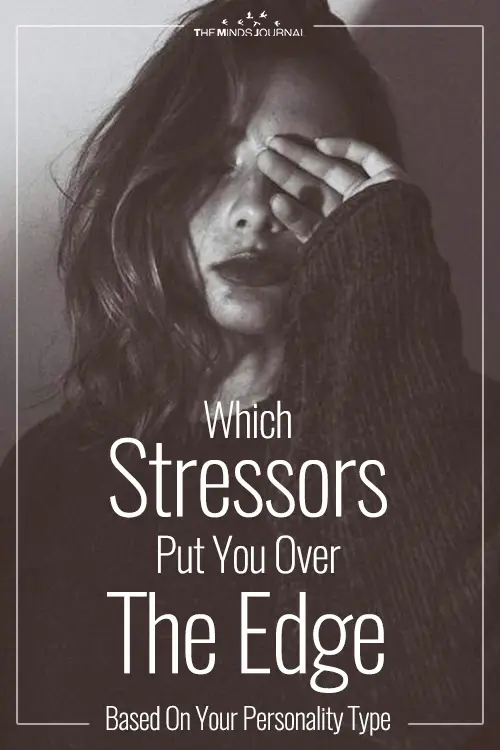
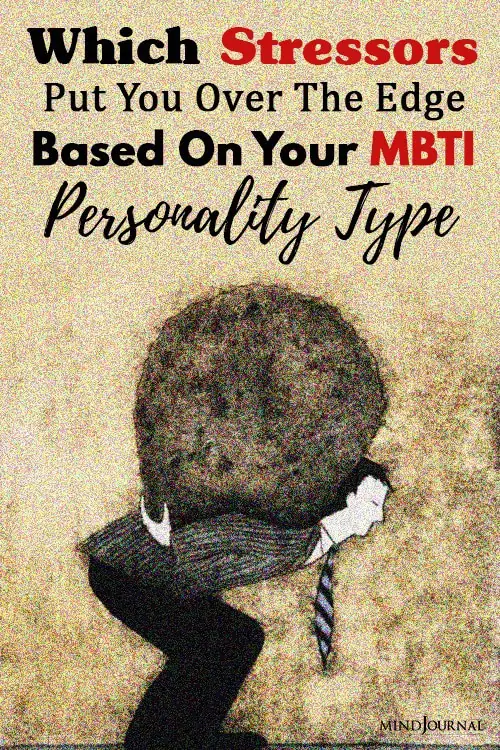
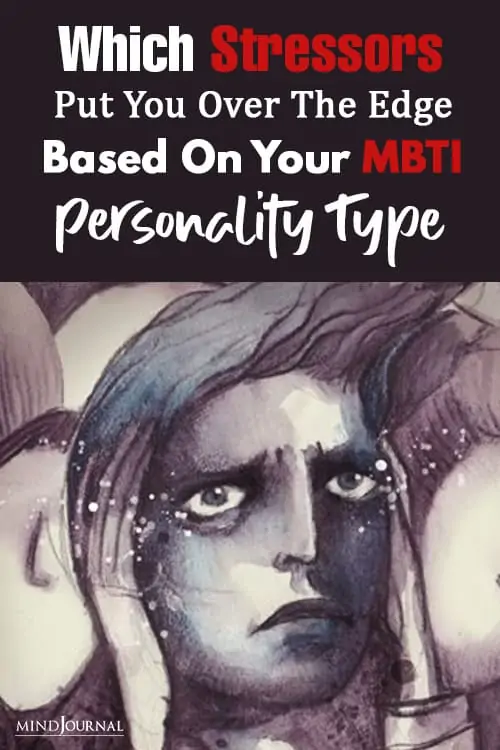
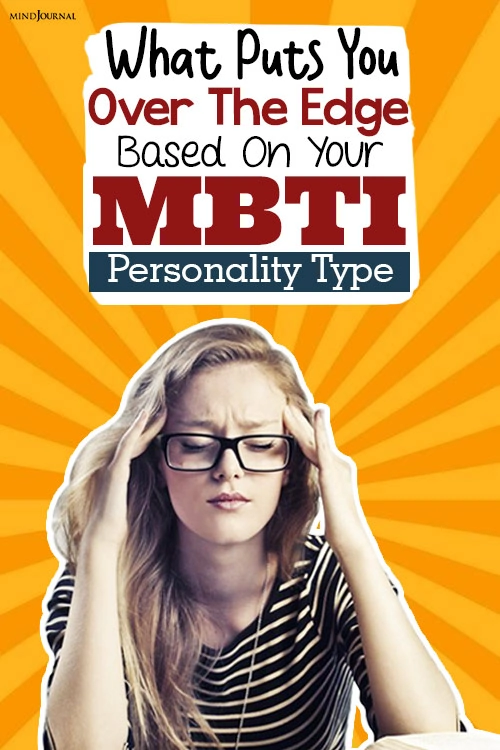
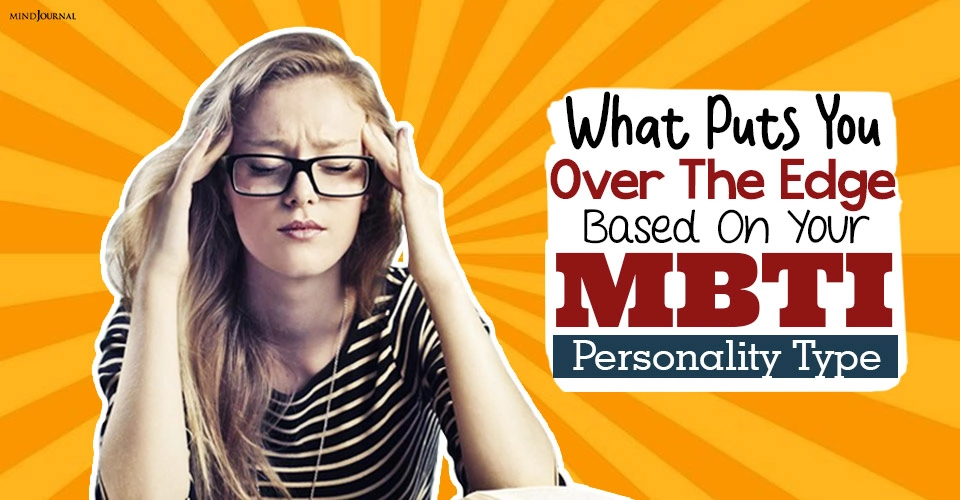
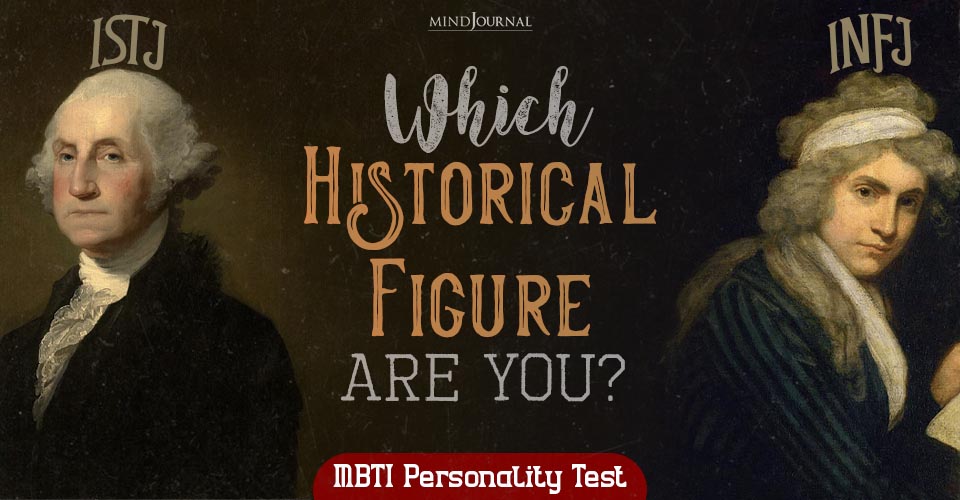
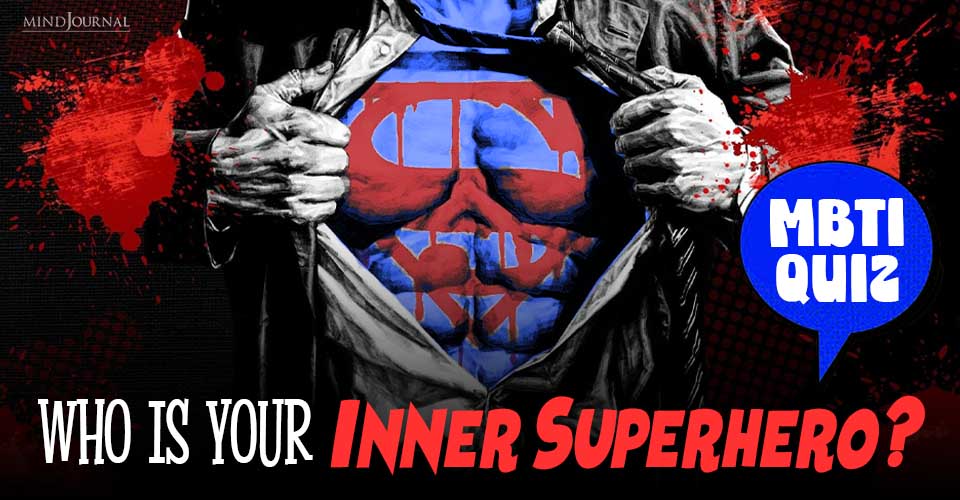
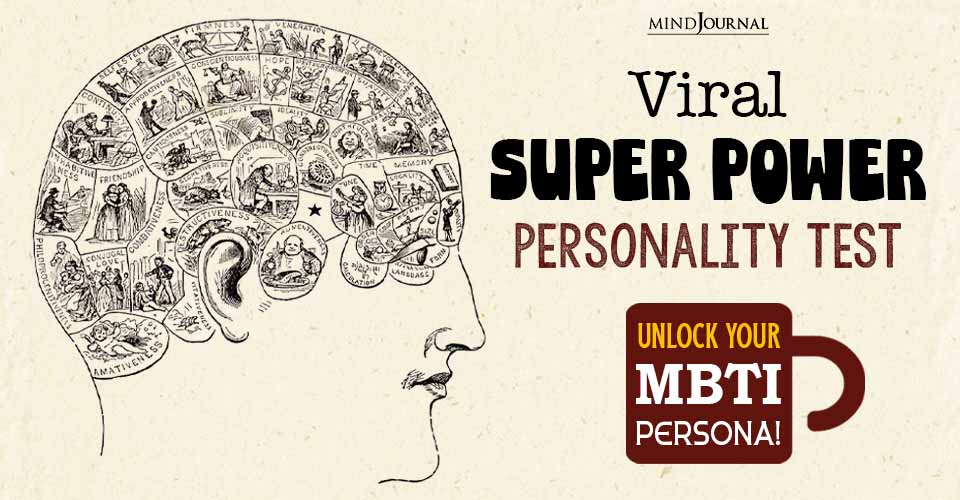

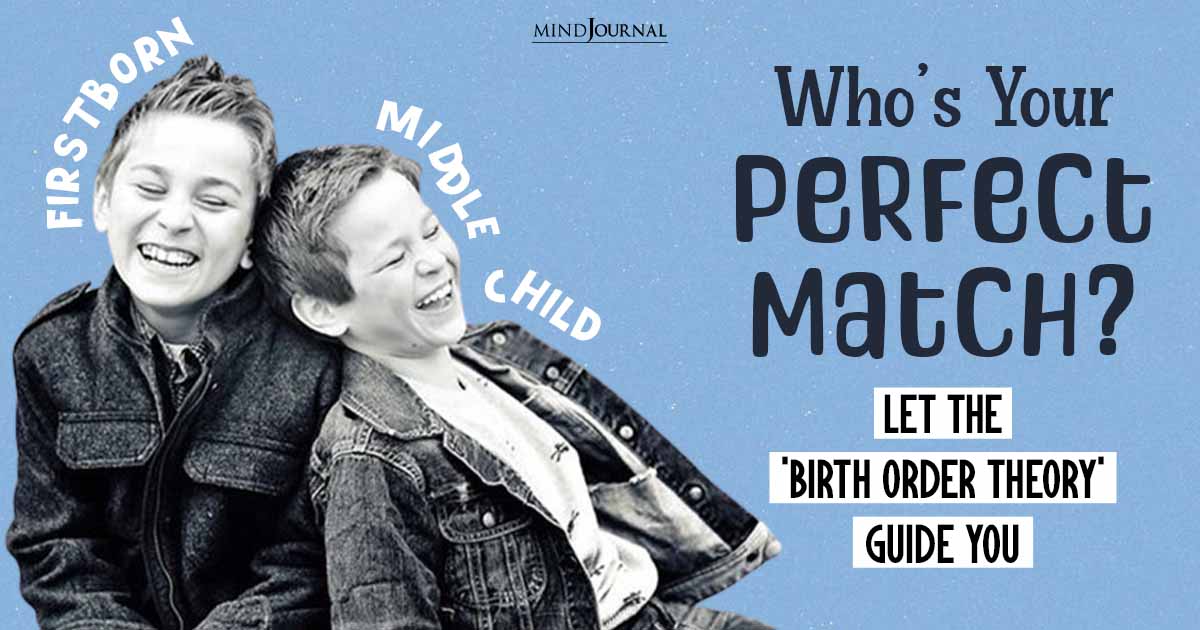

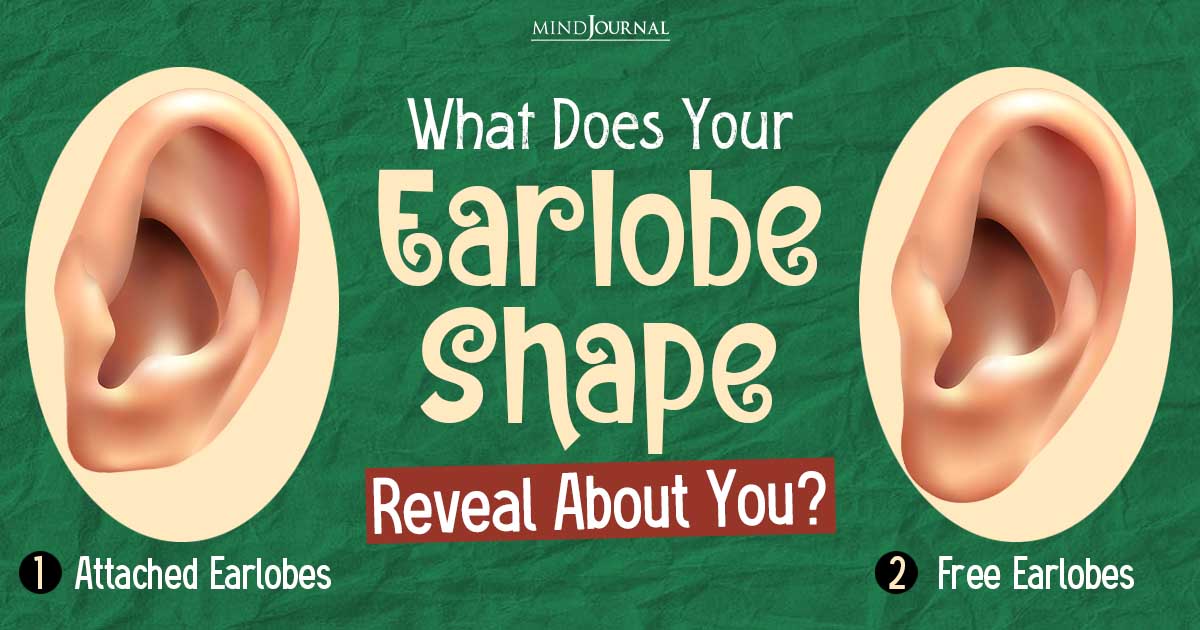
Leave a Reply
You must be logged in to post a comment.